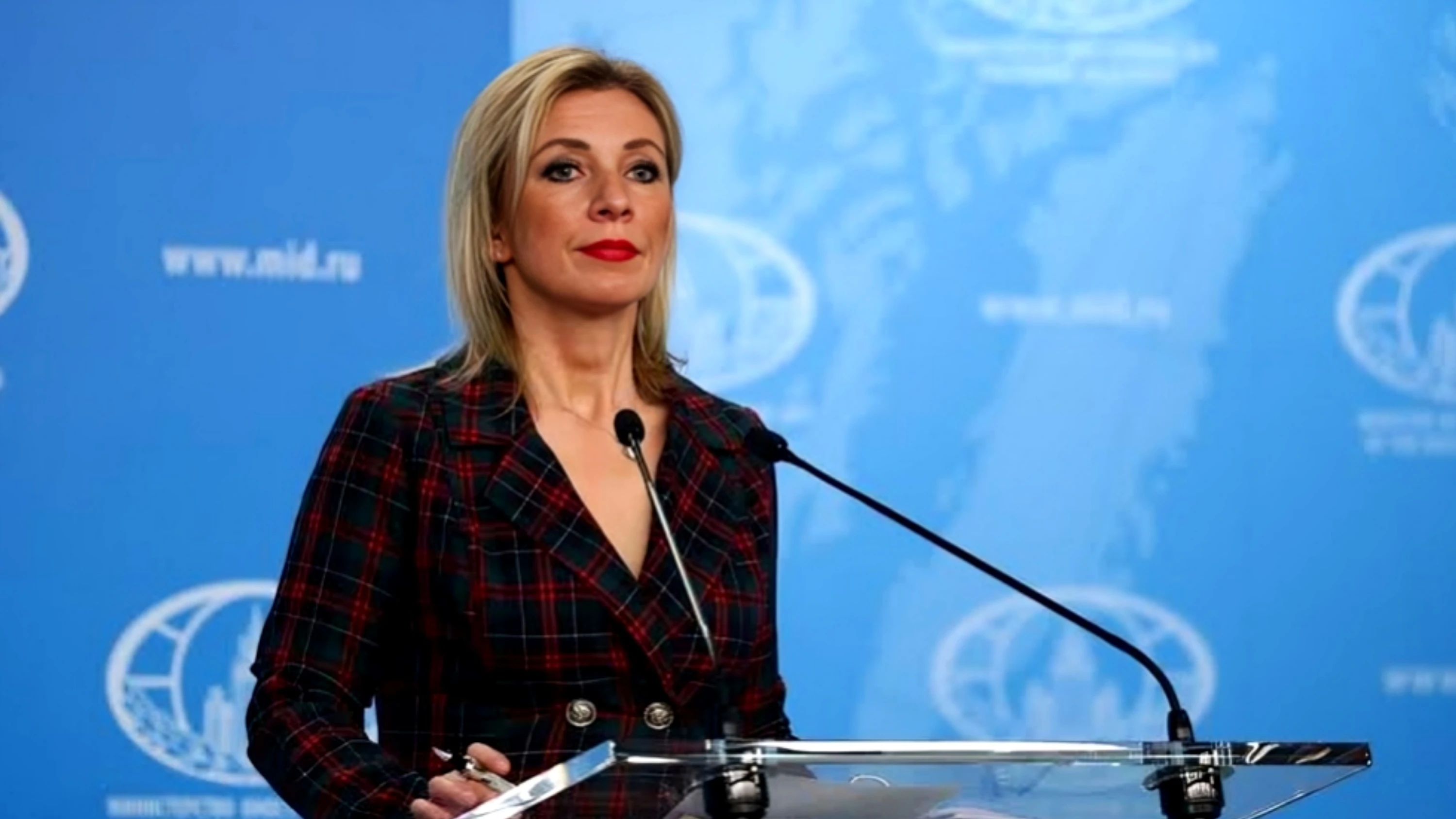Berlin: Germany’s new Interior Minister Alexander Dobrindt has expressed hope that the European Union will reach a comprehensive agreement to relocate rejected asylum seekers to safe third countries near their country of origin if returning them home is not possible.
Dobrindt, a member of Chancellor Friedrich Merz’s conservative party, which came to power in February elections on promises to curb migration, said in an interview with Welt am Sonntag that the proposed policy would only be effective if uniformly implemented across the EU. "No single EU member state can implement this model alone — it must be a Europe-wide solution," he emphasized, adding that Germany is currently laying the groundwork for such a strategy.
The proposal comes amid growing public concern over migration, even though the number of asylum seekers arriving in Germany has decreased since last year. Polls suggest that many German voters still view the situation as out of control.
Dobrindt replaces former Interior Minister Nancy Faeser, who last month noted that due to recent efforts to better manage migration, Germany is projected to receive the lowest number of asylum seekers in a decade — potentially fewer than 100,000 in 2025.
The European Commission earlier this month introduced a plan allowing member states to reject asylum applications from migrants who have traveled through a “safe third country” before entering the EU. However, the proposal has been met with criticism from human rights organizations and has not yet been approved by EU governments or the European Parliament.
Dobrindt’s tough stance on border control has caused tension with neighboring countries, particularly over plans to return migrants who entered Germany without legal authorization.
Italy’s own plan to process sea-arrived asylum claims in Albania is currently stalled due to legal challenges in Italian courts. Meanwhile, UK Prime Minister Keir Starmer scrapped a controversial scheme to deport asylum seekers to Rwanda upon taking office last year.
Greece has also opposed Germany’s plan to return migrants to its territory, instead urging the EU to increase border control support and negotiate a migration deal with Libya. During Greek Prime Minister Kyriakos Mitsotakis’s visit to Berlin in mid-May, irregular migration was a key topic in bilateral discussions.
Both Germany and Greece have recently appointed hardline ministers to oversee migration and asylum policies, signaling a broader European shift toward stricter migration control. Greece, as an EU frontier state, remains a primary entry point for migrants seeking a better life in northern and western Europe, including Germany, France, and the Scandinavian nations.
Despite this, the number of rejected asylum seekers returned to Greece from Germany remains minimal. In 2024, Greece registered 56,066 asylum seekers — an average of 155 per day — while only 219 individuals were sent back from Germany.








